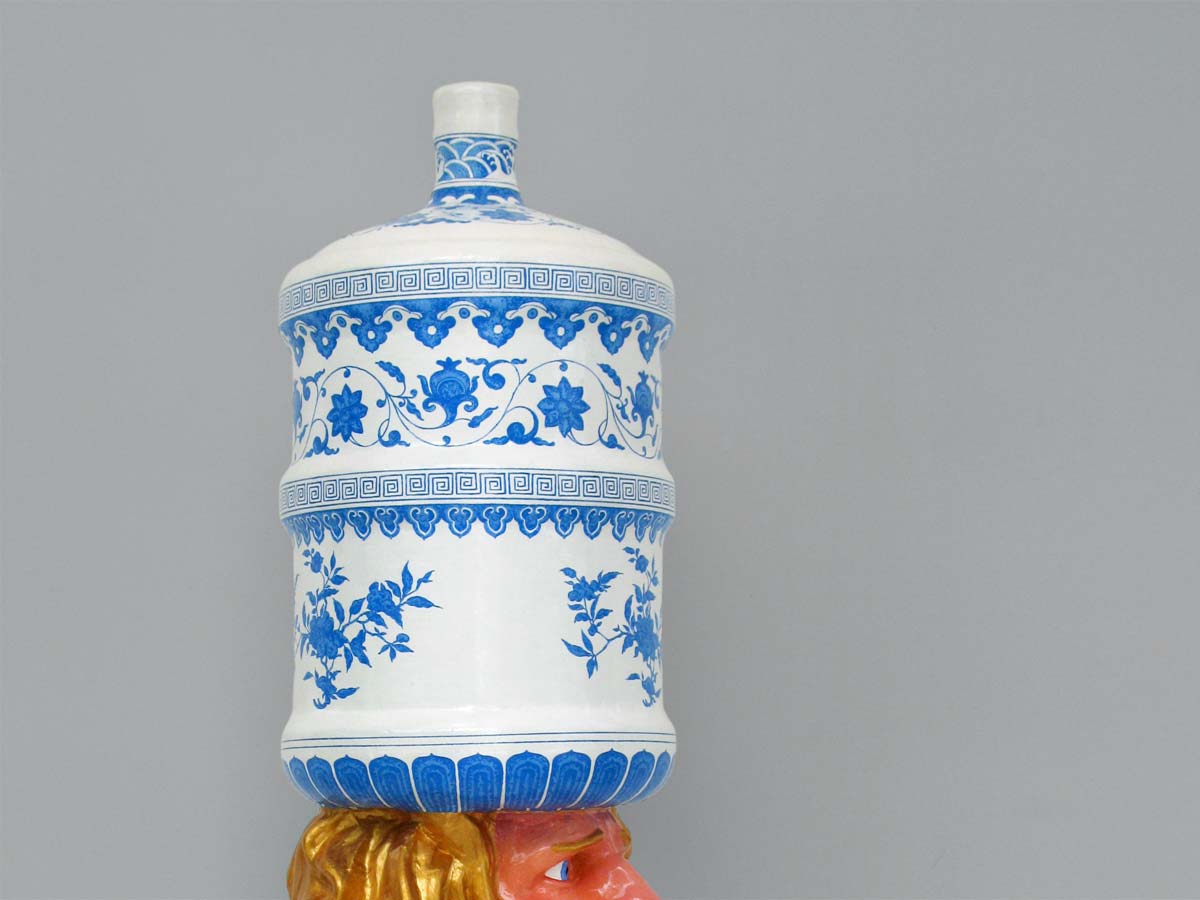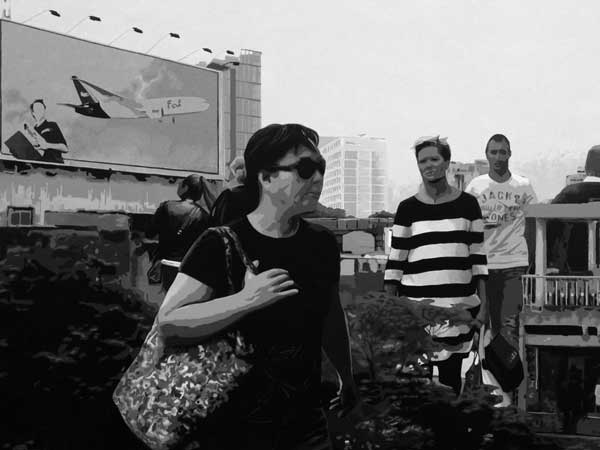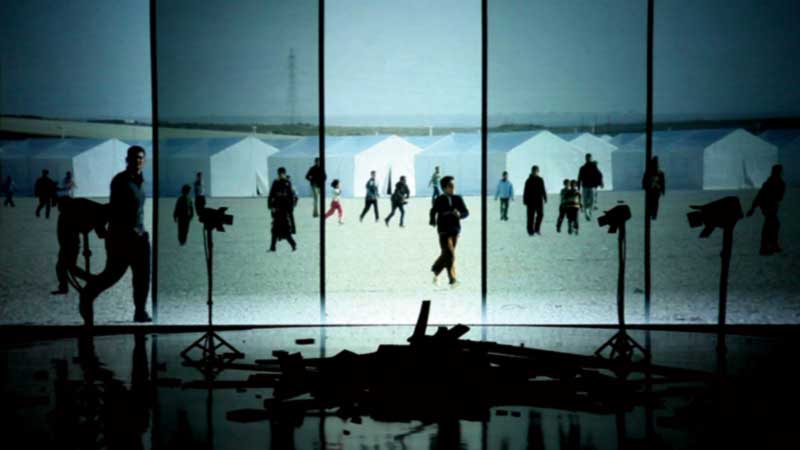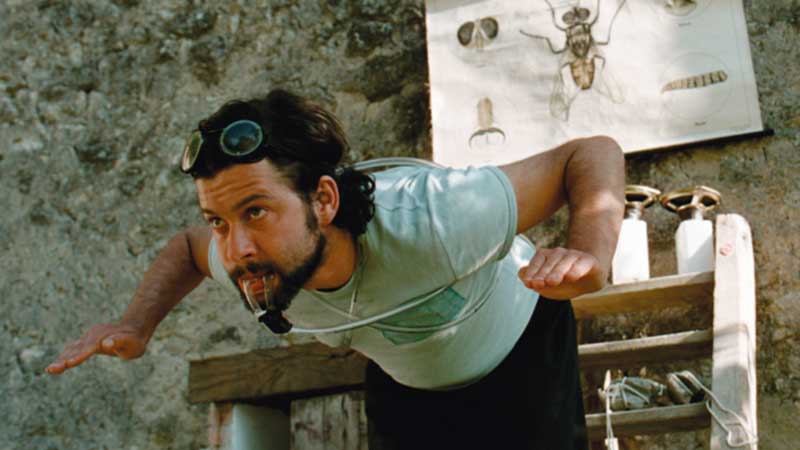







Carriers of bad news have always had a hard time, especially in ages, when messengers were the only source of information and those delivering bad news needed to fear for their lifes.
Today social networks are becoming a central information source and its us, who busily keep a system running, which still favours the positive and threatens the opponents of mass-positivism with social exclusion.
By executing just too many carriers of bad news, Tigranes the Great first lost access to information and hence parts of his empire. What coud be the consequence of the inexorable rule of good news within our digital mediasphere?
The selection shoot the messenger looks into the economy of the message and the ever-changing use of media.




Privacy erodes. Paralysed by terroristic attacks and excessive access to information, we accept the ubiquitous installation of surveillance technologies.
Debates about societal effects of mass surveillance are rarely taking place. Seduced by some free services, we present the big data collectors with our social network, our shopping habbits and our personal interests. There is a general, unpleasant feeling when rushing through click-through-agreements, but that´s basically it. We witness China´s social credit system and some eastern European states moving towards a dark past, but are not afraid of such a shift being able to happen to our democratic governments. And if so – what should an innocent citizen like me be afraid of at all?
The selection HYPERPUBLIC puts works about public issues in a larger context.




Digiticed knowlegde about our whereabouts makes us loose our sense of orientation, helps retailers to increase their turnovers and secret services to spot potential threats. To this day it is still us who know better then anyone else, where we come from, where we have been and – in this respect – who we approximately might be. Whereabouts determine – next to our family, our occupation and individual experiences – our self-perception. This applies not only to our point of origin and the places, where we grew up, but also to those, where we stay later on. And when it is about self-manifestation, there is hardly any more effective instrument, than the proof of having been to certain places and of living in certain neighbourhoods. The selection location based identities incorporates works, which deal with places, their boundaries and identity-generating effects.




What and where to buy has become the basic means of cultural expression for most people in industrial imprinted regions. We hardly ever express ourselves, our group membership, political viewpoint or feelings by dance, music or poetry, but by buying certain clothing, culinary preferences and travelling to hip spots and remote places. Next to the time it takes up to earn the money for such things, it also needs time to train one´s senses for newly emerging trends and to spot the next hip destination, time, which instead could have been used e.g. to play a musical instrument or to learn how to tell stories in a notably imaginative way. The increase of buying options and information about products and services complicates decision taking, but rarely really improves those decisions. It seems that, once basic needs are met, quality of life improves disproportionately to the amount of daily buying decisions. The selection shopping is for poor people deals in different ways with aspects of market economy.




Wordlessly repeated actions are characteristic of Gregor Kuschmirz´ video productions. Rare Window puts selected videos and video installations in an aesthetic context.